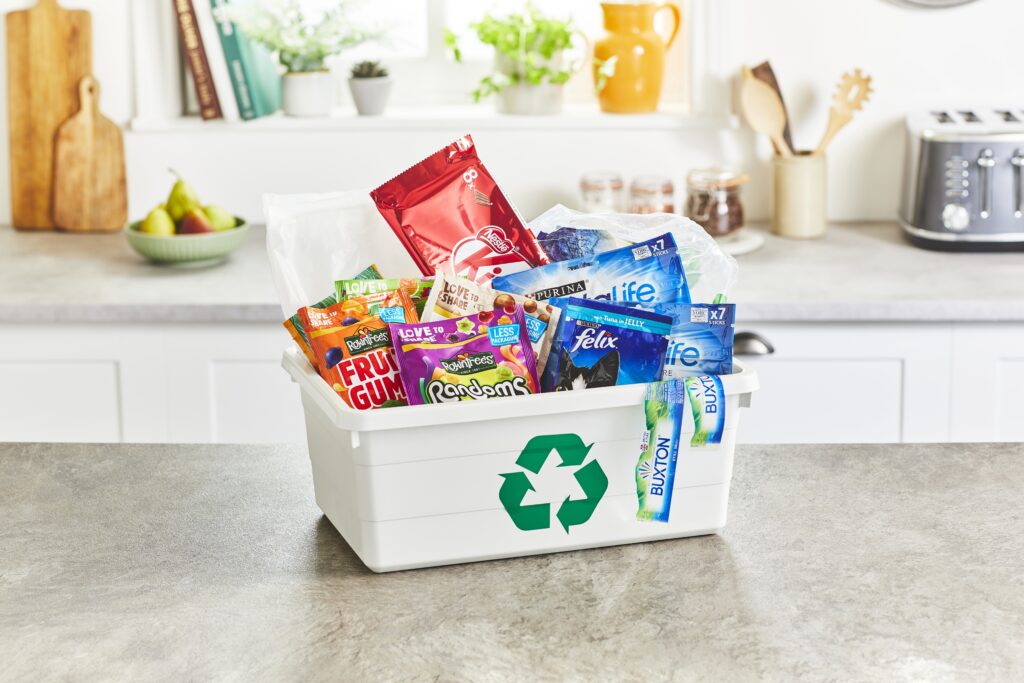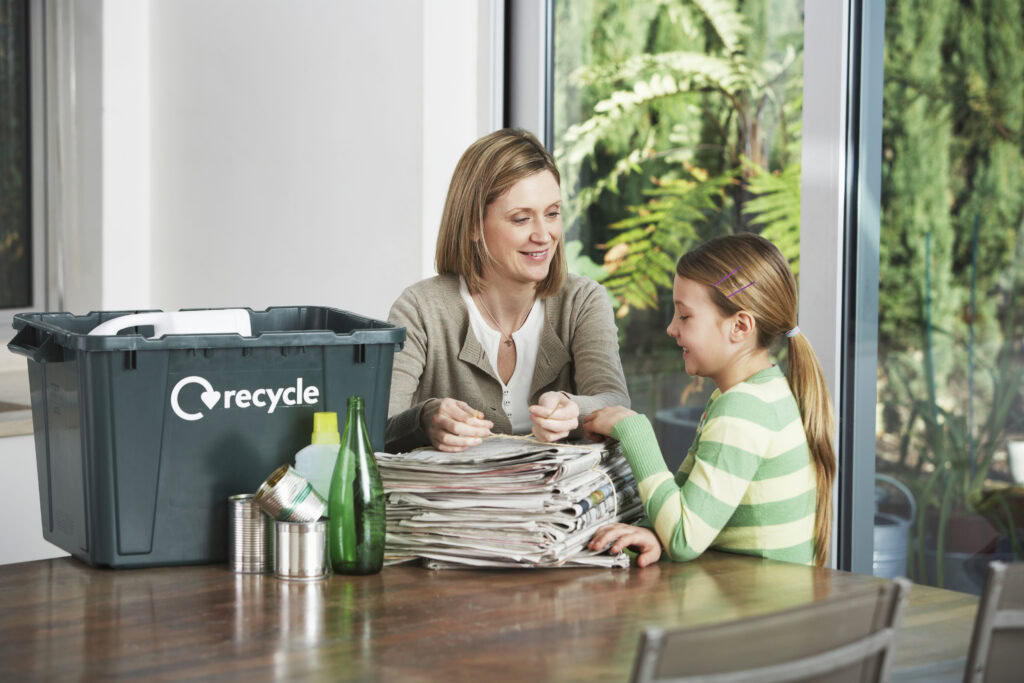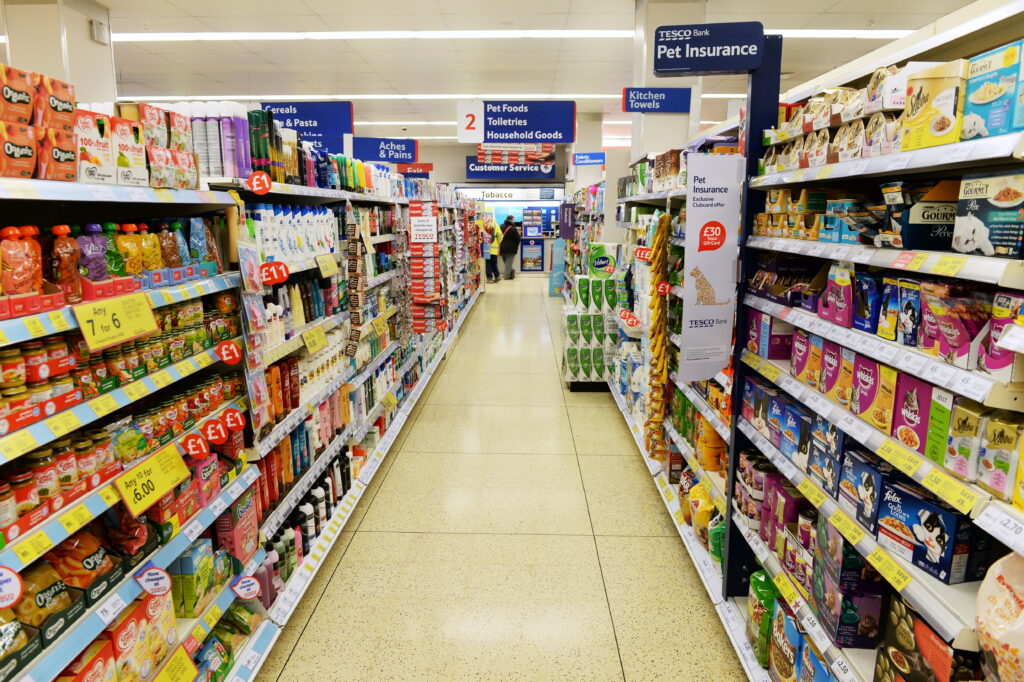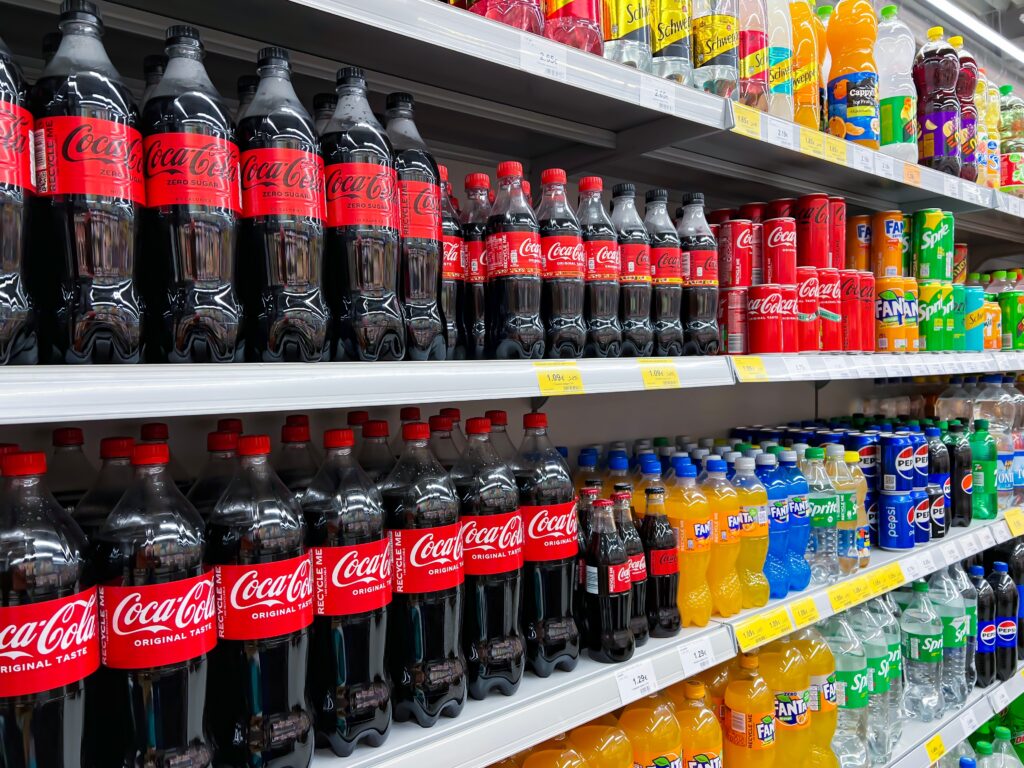The regulations, which aim to tackle growing waste amounts, “harmonise internal market rules” and boost the circular economy, were approved with 476 votes in favour, 129 against and 24 abstentions.
The recently agreed-upon regulations, currently in provisional form with the European Council, outline its targets for reducing packaging waste.
These targets include gradually decreasing packaging by 5% by 2030, 10% by 2035, and 15% by 2040.
Regulations
Specifically targeting plastic packaging waste, EU member states are obligated to reduce the amount of packaging waste they produce. To combat excessive packaging, there’s a stipulation that grouped, transport, and e-commerce packaging must not exceed a 50% empty space ratio. Additionally, manufacturers and importers must prioritise minimising both the weight and volume of packaging.
Starting from 1 January 2030, certain types of single-use plastic packaging will be banned. This ban encompasses packaging for unprocessed fresh fruits and vegetables, packaging for foods and beverages served in cafes and restaurants, individual portions (such as condiments, sauces, cream, and sugar), miniature packaging for toiletry products in accommodations and very lightweight plastic carrier bags (those below 15 microns).
Furthermore, the regulations address health concerns by instituting a ban on the use of “forever chemicals” (per- and polyfluorinated alkyl substances or PFASs) above specified thresholds in food contact packaging.
Reduce
Rapporteur Frédérique Ries (Renew, BE) said: “For the first time in an environmental law, the EU is setting targets to reduce packaging, regardless of the material used. The new rules foster innovation and include exemptions for micro-enterprises.
“The ban on forever chemicals in food packaging is a great victory for the health of European consumers. We now call on all industrial sectors, EU countries and consumers to play their part in the fight against excess packaging.”









Subscribe for free